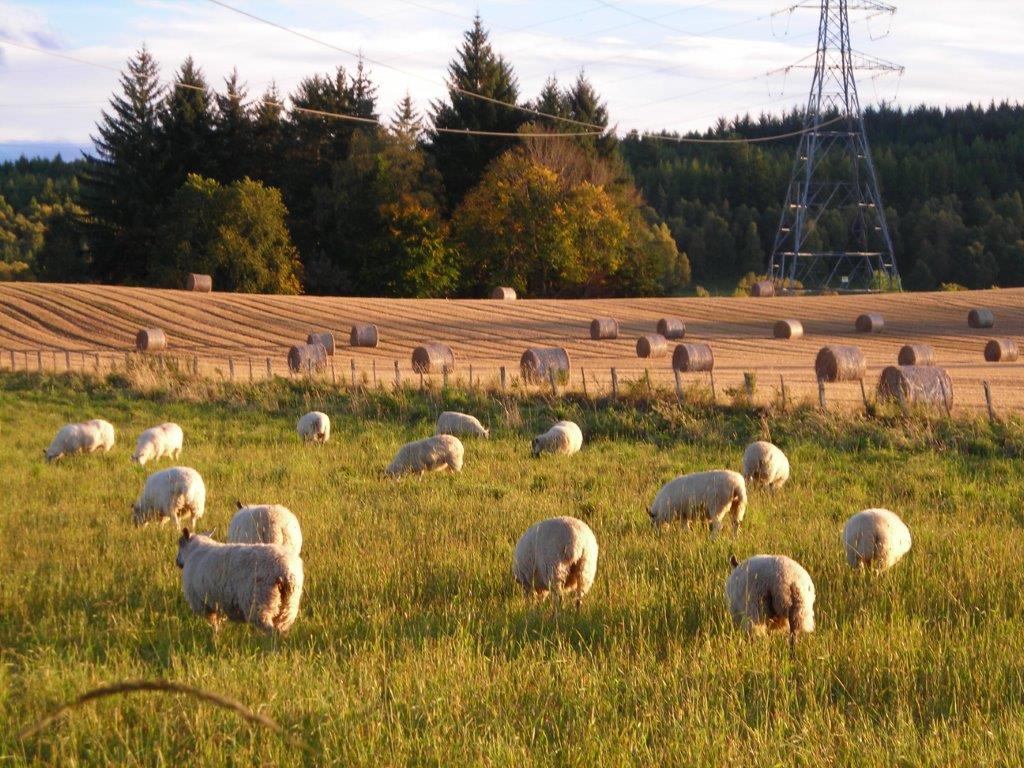Apr 1 2015
STFA STRESSES IMPORTANCE OF SECURITY OF TENURE FOR ALL TENANTS
News Release
Scottish Tenant Farmers Association
25th March 2015
STFA STRESSES IMPORTANCE OF SECURITY OF TENURE FOR ALL TENANTS
In giving evidence to the Rural Affairs Committee of the Scottish Parliament the Scottish Tenant Farmers Association has stressed the importance of retaining security of tenure for future generations of tenant farmers and as an option for new entrants to the industry.
Speaking after the committee meeting STFA chairman Christopher Nicholson said; “Heritable secure tenancies have been the keystone of Scottish agriculture for more than 60 years, encouraging tenants to invest and grow their businesses. These tenancies still satisfy demands for food security while also providing stability and continuity and have, in the past afforded most of today’s owner-occupiers the opportunity to buy their farms.
“STFA strongly believes that this system of land tenure has an important role to play in contributing to rural communities and the food and drink industry. It is important that these tenancies are encouraged to continue by broadening family succession and by creating opportunities for new entrants and tenants on short-term tenancies to buy into existing tenanted farms. We have, today, made the case again for introducing the ability for 1991 secure tenancies to be transferred to non-family members which will create a whole new range of opportunities for the next generation of farmers.
“We have been heartened by the interest that the members of Rural Affairs Committee have shown in the AHLRG report and their understanding of what is a highly complex subject. However, there are a number of recommendations in the report which have provoked extreme reaction from Scotland’s landowners. In its submission to the RACCE committee, SL&E have challenged a number of the Review Group’s recommendations on the grounds that they may be in contravention of the European Convention of Human Rights. They have furthermore estimated multi-million compensation claims that they would be seeking from the Scottish government if these recommendations were implemented.
STFA believes this attitude to be unhelpful, seeking only to preserve landlords’ interests to the exclusion of any consideration of the human rights of others. Too often human rights are seen as a way of inhibiting reform whereas, there are many occasions where human right issues should actually be seen as a stimulus for progress. We would encourage policy makers not to be taken in by this blatant scare mongering and concentrate on bringing forward legislation in the best interests of Scottish agriculture and its rural communities.
